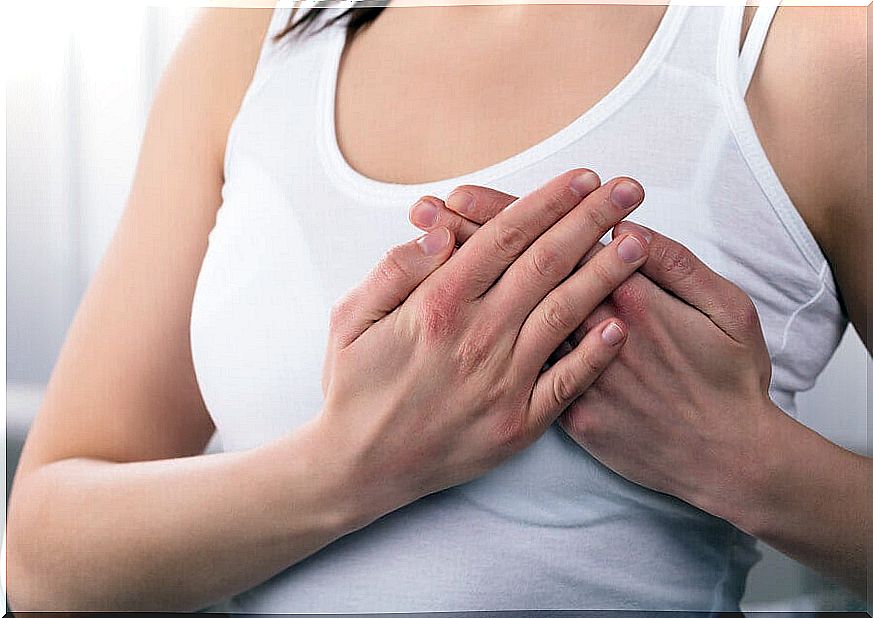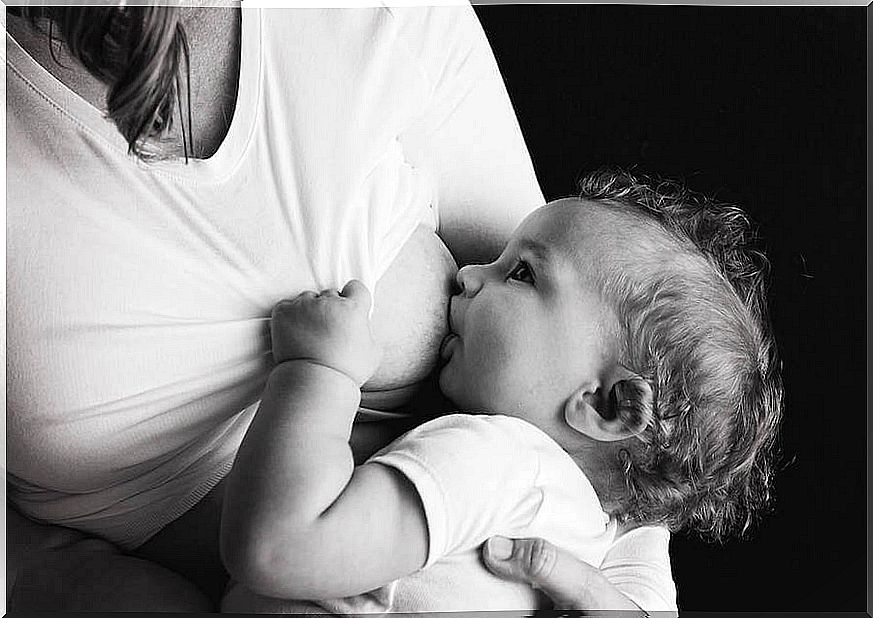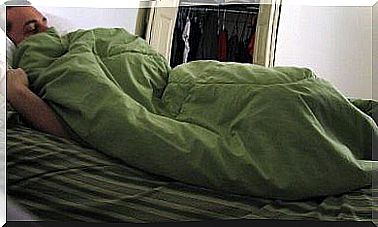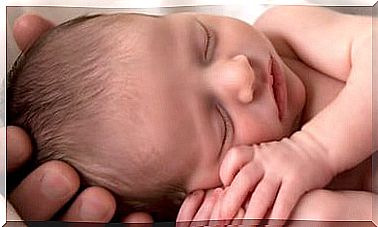What Is Breast Engorgement?

Breast engorgement is the engorgement of breast milk in the breasts of many women after the baby is born. It is caused by increased blood flow to the breasts along with an increase in milk supply. As a consequence, this inflammation in the breasts can lead to pain and swelling. This condition is one of the common reasons why mothers stop breastfeeding faster than they had planned.
When does breast engorgement occur?
This breast swelling occurs naturally a few days after delivery, when the breasts go from producing colostrum to mature milk. While it is true that the sensation is not pleasant, it can be a sign that the body is working properly. If the process is not accompanied by a fever, it is something normal that will disappear after a few days.
Fortunately, this feeling of engorgement is usually relieved within the first 2-3 weeks after delivery, when the breasts should feel softer, even when the milk supply is abundant. Engorgement can make it difficult for a baby to breastfeed effectively.
To prevent engorgement, we recommend closely monitoring the milk your breasts produce and not letting them get too full. Breastfeeding your baby whenever he shows signs of hunger or emptying the breasts with each feeding can also help reduce the feeling of engorgement.

What are the causes of breast engorgement?
Breast engorgement can occur at any time during breastfeeding, although it is especially common during the first intake of milk, usually 2 to 6 days after birth. Keep in mind that after the arrival of the little one, the blood and the liquid run towards your breasts to prepare them for the production of milk.
In fact, at this point the body is still figuring out how much milk the baby needs and what happens is that it produces more than necessary. In some cases, many women may feel a slight bloating sensation, while others may observe a much more significant congestion. If the engorgement is severe, the breasts become swollen and painful. Also, severe engorgement can make it difficult for the baby to latch on properly to the breast.
On the other hand, dehydration and intravenous fluids given during labor can lead to fluid retention, which also makes it difficult for the lymphatic system to function efficiently.
If engorgement occurs when the baby is growing, it is usually because the breast has not emptied due to stress or lack of sleep. You may also experience breast engorgement if your child has trouble breastfeeding or if he suddenly reduces his milk intake, either due to illness or the introduction of solid foods.
What are the symptoms of breast engorgement?
There are a few telltale signs to watch out for. These are the common symptoms of engorgement:

1. Swelling and tenderness in the breasts
First of all, it is normal for your breasts to increase in size after delivery, but if they appear larger than normal or do not return to size after feeding, they may be full of blood.
2. Hard breasts
If your breasts are hard and you feel like they can expel milk with the slightest touch, breast engorgement may be the cause.
3. Red area on the breasts
You may notice a kind of bruise appear on your breasts. If this happens it may be a sign of infection, so it will be necessary to see a doctor as soon as possible.
4. Flattened nipples
Finally, if you notice that your nipples are flattened, it may be due to an accumulation of milk in the breast. You should not worry excessively, since in a few days they will return to their usual state.
Finally, do not forget that breast engorgement can cause serious health problems, so we recommend that you consult your doctor if you notice that you suffer from any of the above symptoms. In the same way, if the pain is accompanied by a fever or the baby has problems breastfeeding, it is also advisable to visit a specialist.










